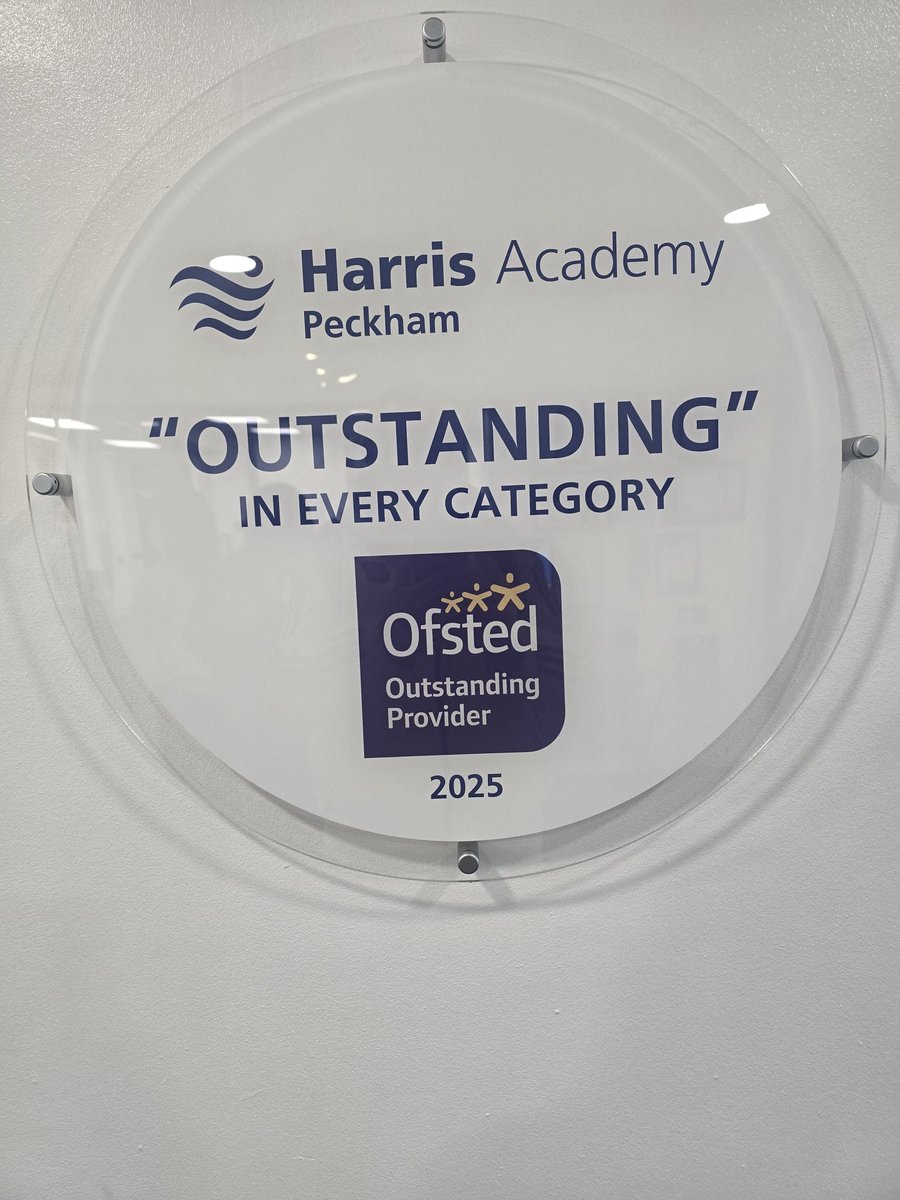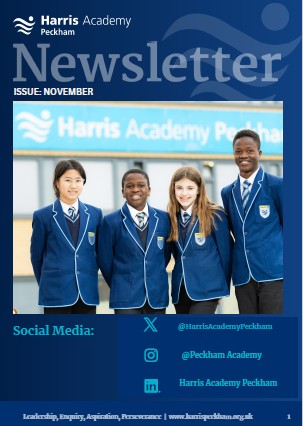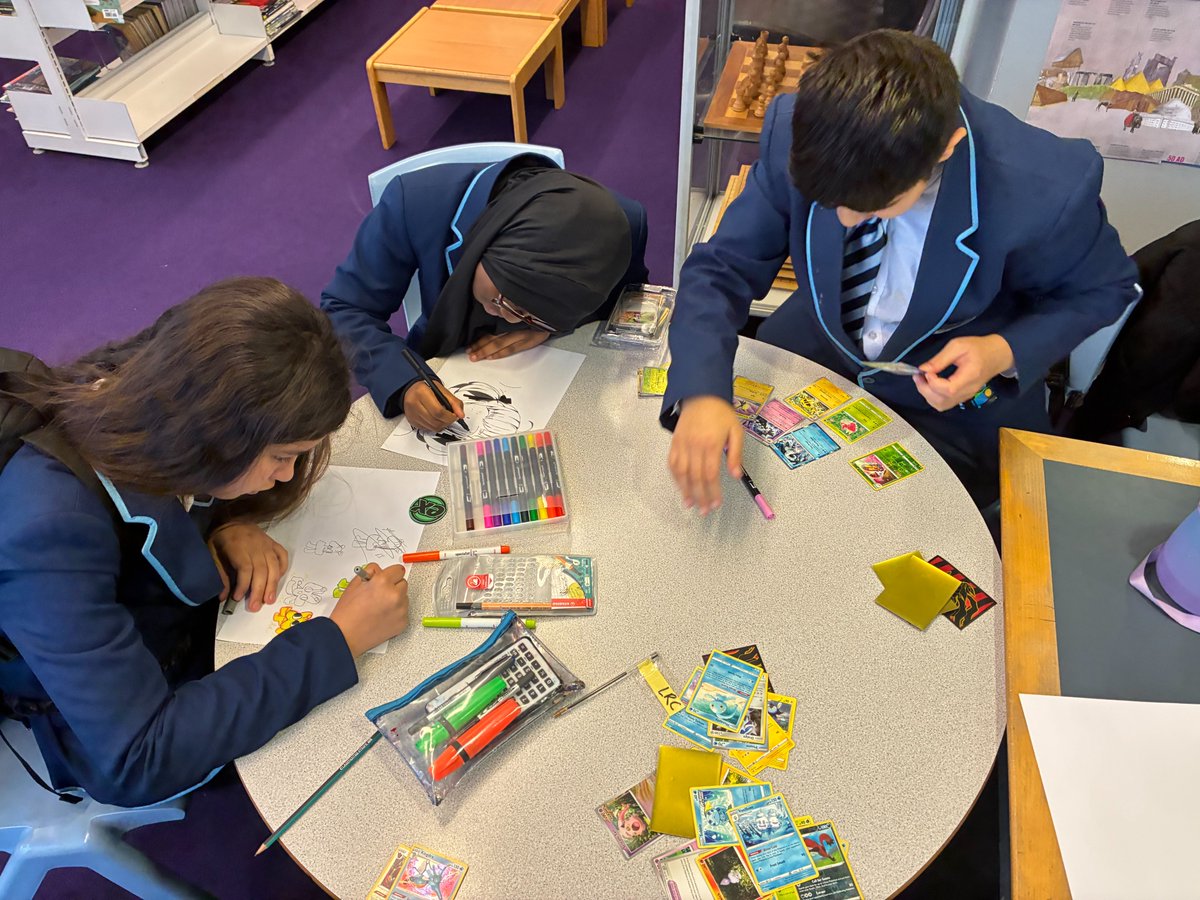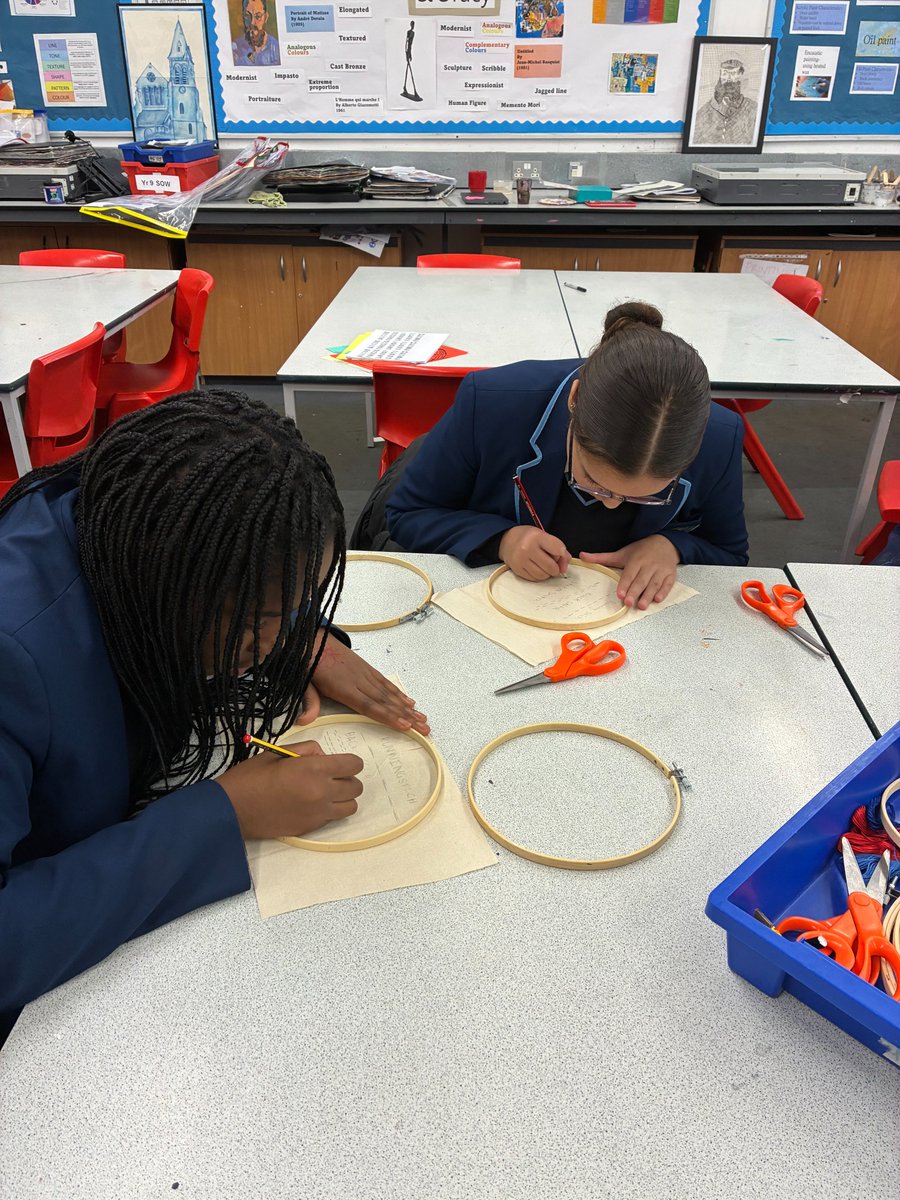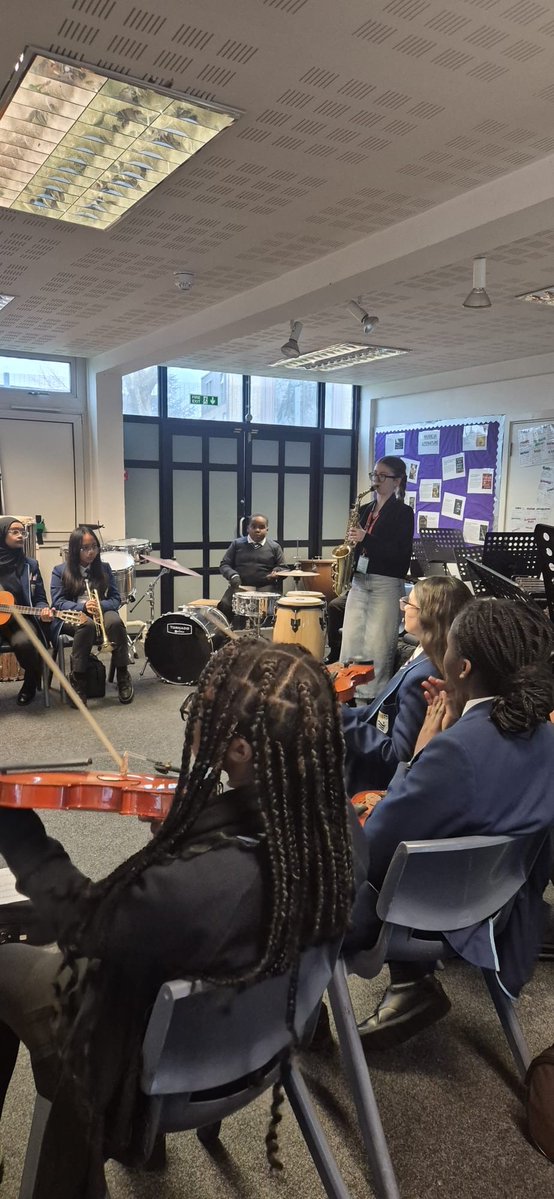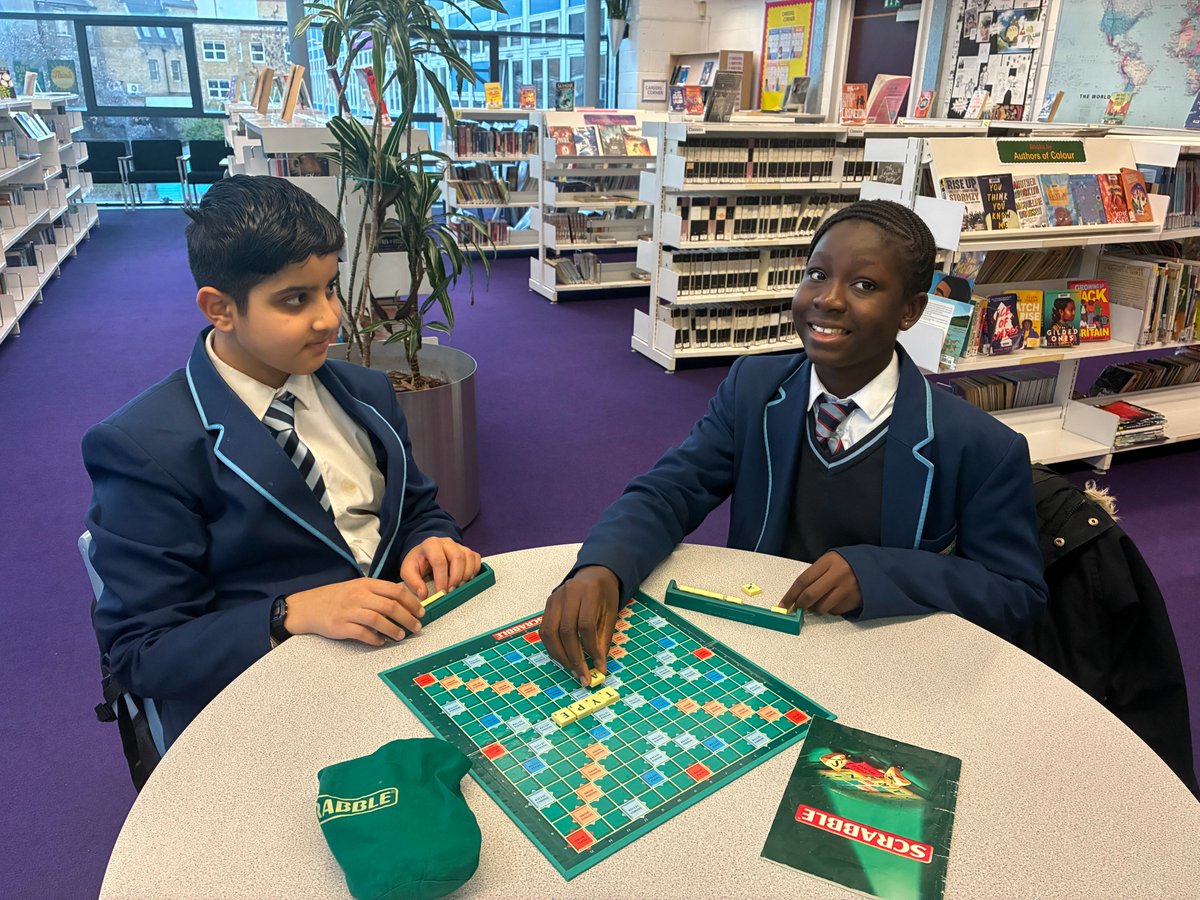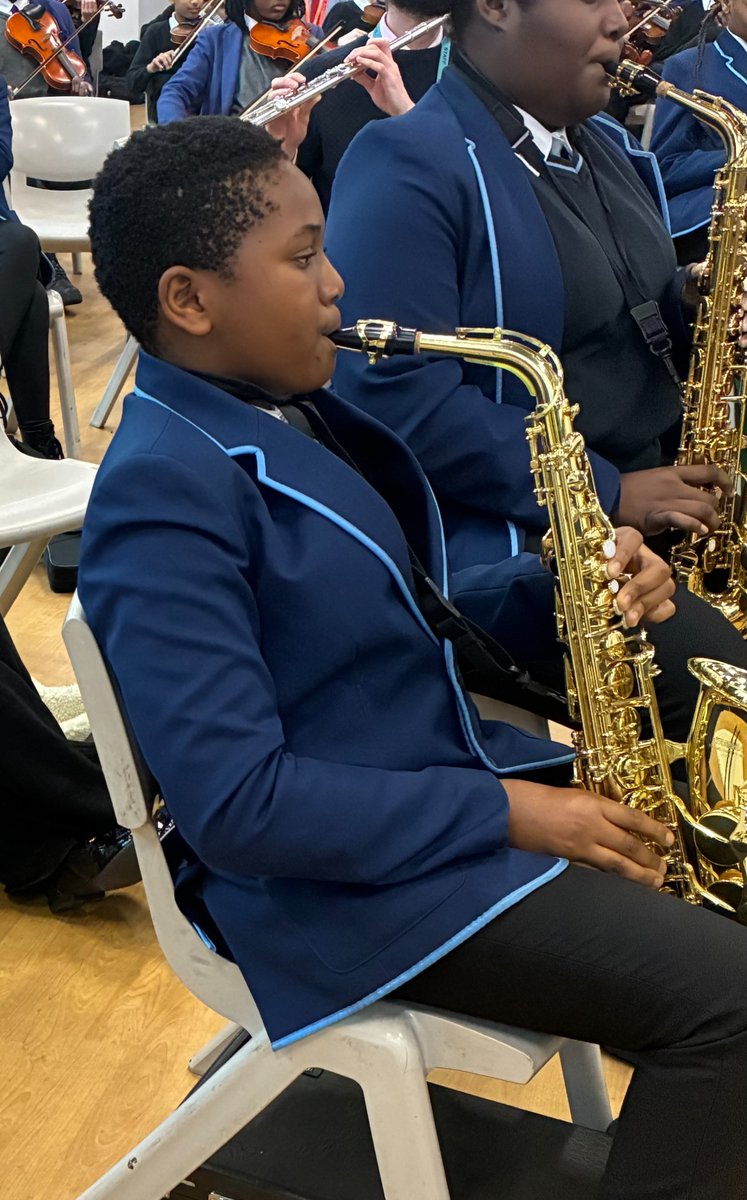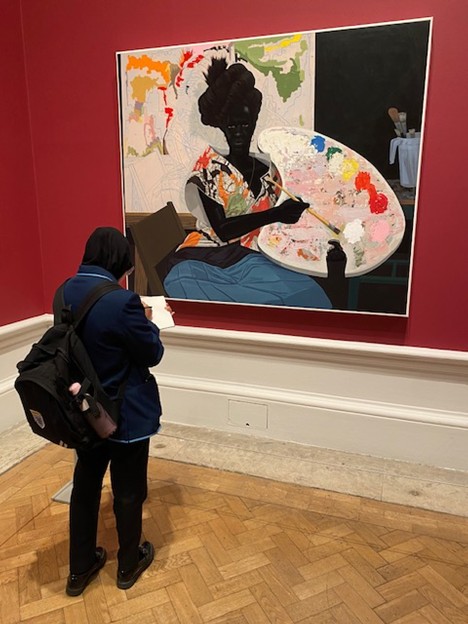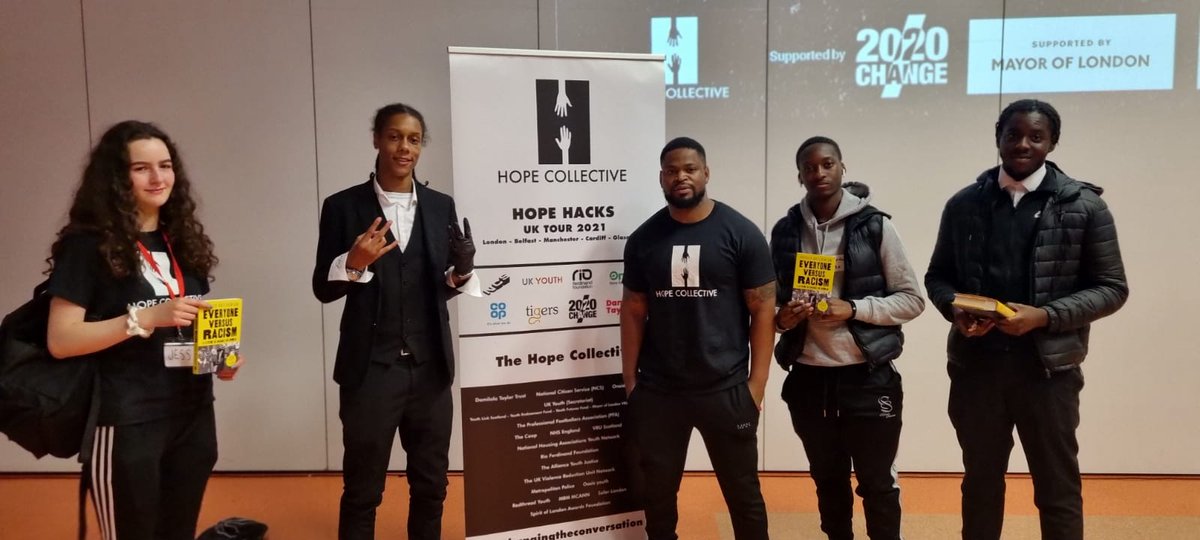Our Approach To Literacy
At Harris Academy Peckham, we recognise that ‘literacy is key to learning across all subjects in secondary schools and a strong predictor of outcomes in later life.’ (Educational Endowment Foundation, Improving Literacy in Secondary Schools Guidance Report, October 2021).
We believe that all teachers are teachers of literary, and that they should therefore be supported to understand how to teach students to read, write and communicate effectively in their subjects.
Beyond this, we recognise that literacy is a key skill for life; reading for pleasure, for example, is the single biggest indicator of a child’s future success (OECD and World Book Day Research Study, 2013). We therefore endeavour to ensure that every one of our students, whatever their background, leaves with strong Writing, Oracy and Reading skills that will outlive their time at our academy.
Read our literacy, English and library news stories.
A book is not a learning resource. It’s the knife that picks the lock of your isolation. It’s a box of delights.” Frank Cottrell Boyce, Children’s Laureate
Statement of principle and aims
WORD skills are crucial to developing students’ ability to read and understand; write with fluency, accuracy and enthusiasm; speak and listen with confidence and discernment.
Attainment of proficient communication skills is vital for students to access all areas of the curriculum, and to achieve social and academic success. Therefore, our WORD provision at HAP is defined by the following aims:
- To ensure that standards of writing, oracy and reading are raised throughout all key stages and across all subject areas
- To embed disciplinary WORD skills in extended writing and reading across all subject areas
- To develop effective oral communication across all subject areas
- To increase vocabulary knowledge by ensuring direct vocabulary instruction is embedded into every subject
- To create a lifelong love of reading
- To provide a range of intervention strategies to support targeted students attain National Standards of WORD, using baseline data (RA/ NGRT /SEN/ EAL data) to inform the teaching, assessment and planning for WORD progress.
Implementation across the curriculum
On entry into Year 7, 8 and 9, students’ WORD skills are assessed by using:
- KS2 results (reading and writing National Curriculum levels are now given separately).
- NGRT testing
- LUCID testing for phonics and memory skills
- Bedrock data
- KS4 students are assessed and grouped as according to their, KS3 results/ GCSE English levels of attainment and teacher assessment.
- Considering baseline line data, students will be offered a personalised timetable, offering extra WORD and / or English lessons as appropriate to individual needs.
- The curriculum offer for WORD will be reviewed annually in line with new statutory requirements and recommendations from external agencies. Decisions will be made based on the needs of our students in each year group, as we recognise that each separate cohort will have different strengths and weaknesses.
Writing across the curriculum
Students are trained to produce high quality written texts across a range of genres, manipulating language to suit complex purposes and readers. Faultless technical accuracy is expected, and students receive feedback using our VSPAG (Vocabulary, Spelling, Punctuation and Grammar) feedback policy.
We plan weekly/ termly opportunities for extended writing so students can hone written expression. Staff break down writing using our ‘Before, During and After,’ policy, encouraging students to plan, review, edit and redraft their writing.
Oracy across the curriculum
We recognise that oracy in the classroom should be seen, by both teacher and student, as a valuable activity; access to more demanding texts is made possible through directed talk. Writing should be preceded by and supported by talk, in order that students may more fully realise their intentions. Oracy can play this role as a catalyst with collaborative learning activities set in place; these activities are also seen as a key strategy to support the bilingual early learners of English to engage in exploring texts and concepts.
Teachers frequently facilitate talk-based learning interactions using ‘Turn and Talk.’ This is embedded within lesson planning, priming students effectively for high-quality discussion and reviewing in a timely and impactful manner. Through this strategy, students are taught sophisticated skills of effective speaking and listening to enable them to present, debate and perform in a range of contexts, exploiting language to suit a range of audiences and purposes.
Students frequently practice “talking for writing” to review their clarity of expression.
- Students practice saying and using newly learned words in their lesson.
- Students demonstrate sensitivity when listening to others, building on others’ views or showing empathy as appropriate.
- Opportunities to improve fluency, confidence, use expansive vocabulary as well as adopt active listening skills are available in every subject area.
Reading across the curriculum
Students have access to a wealth of literature from pre-1914 to modern day to enrich their curriculum. Complex texts of every genre will be introduced, and students will be expected to review texts using evaluative and analytical skill. All students in Year 7 to 10 will follow use Bedrock Learning online platform, facilitated by our English Department and School Librarian.
Within other subject areas, students will be taught how to decode key words through deconstructing instructions and complex texts. Staff model disciplinary literacy practice through ‘Before, During and After’ reading.
We recognise that reading for pleasure is a key component and early predictor of wellbeing into adulthood. All students have the opportunity to read for pleasure in Tutor Time as part of The Big Read, applying the ‘Before, During and After’ reading strategy to engage students in a fictional text whilst exposing them to the highest-quality readers.
Implementation of universal literacy across the curriculum
We strongly believe that students need to develop a secure knowledge base so that students are able to read a complex text, write an extended piece of writing or articulate ideas orally – they will not be able to undertake any of the aforementioned tasks if they do not have the key knowledge required to engage with and complete this task. Thus our knowledge-based curriculum is fundamental in developing literacy competence.
Retrieval practice through knowledge retrieval is particularly powerful to ensure repeated exposure to key concepts. Direct and explicit instruction also support WORD – teacher exposition accompanied by I do, We Do and You Do benefits all students in the acquisition of literacy. Finally, the lesson length of 80 minutes offers adequate time for retrieval practice, teacher exposition, modelling and practice of key literacy skills as well as application of subject knowledge.
Extra-curriculum opportunities
At Harris Academy Peckham, we have built strong links with external organisations offering WORD development for students through a range of provisions. These include the Jack Petchey Speak Out Challenge, Debate Mate, Debate Mate Accelerate and partnerships with Peckham Library and Theatre Peckham.
Bedrock Learning
 Bedrock Learning equips learners with the language and literacy they need to boost educational outcomes. Designed by teachers for learners of all abilities, Bedrock's award-winning curriculum helps schools to transform learning and literacy. Bedrock equips learners with the knowledge needed to improve their educational outcomes.
Bedrock Learning equips learners with the language and literacy they need to boost educational outcomes. Designed by teachers for learners of all abilities, Bedrock's award-winning curriculum helps schools to transform learning and literacy. Bedrock equips learners with the knowledge needed to improve their educational outcomes.
Watch the films below to find out more about how we use Bedrock at Harris Academy Peckham.
Partnering with Bedrock Learning across the Harris Federation
Why we chose to partner with Bedrock Learning
Improving outcomes for Pupil Premium, EAL and SEND learners
Sharing best practice: Maximising Bedrock Learning's data & reporting
"When I visit a school and I meet a child that has immersed themselves in Bedrock, and they can show off to me the new words that they have been introduced to and they can use correctly and in context... that means we are doing our job well," says Rebecca Hickey, Secondary Director at Harris Federation.
Harris Academy Peckham has pioneered the use of Bedrock across the whole Harris Federation and is now a beacon of excellence for what can be achieved.
